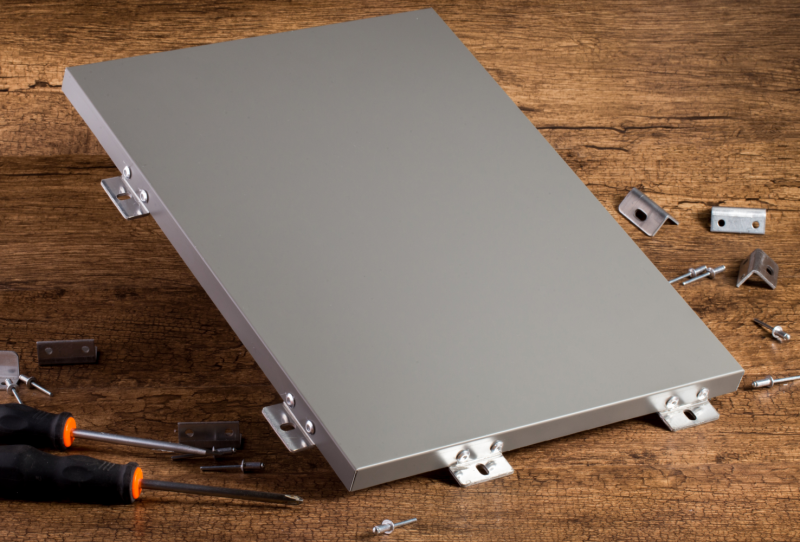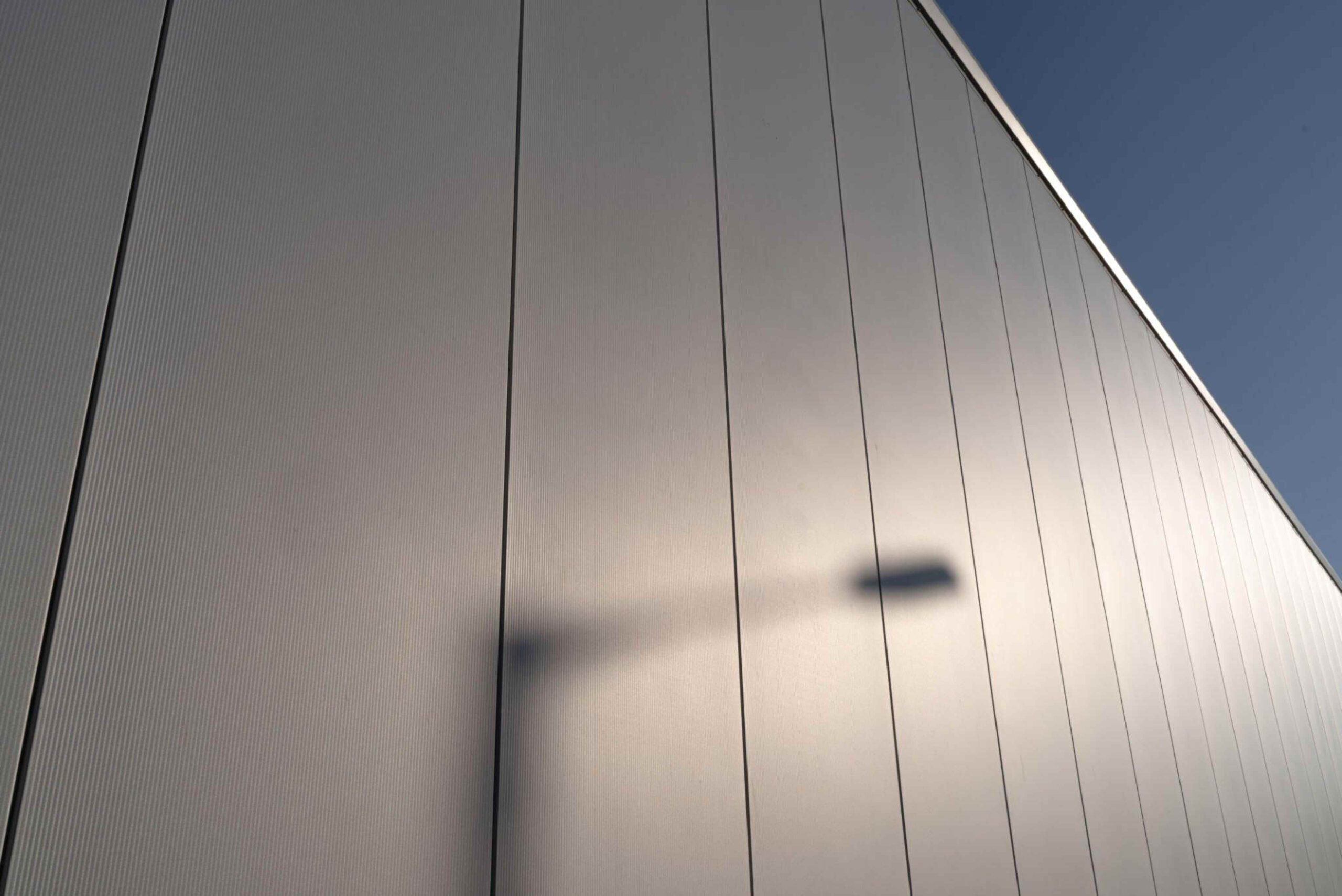Over time, architects and homeowners have come to appreciate aluminium panels for their numerous qualities. These include their versatility, functionality, resistance, and aesthetics, amongst a host of other qualities.
Also, when you factor in its low cost of maintenance, you have yourself a form of cladding that ticks a lot of boxes in the wall cladding checklist. However, there’s one trait that seems to be missing, and that’s its fire resistance. So are these claddings combustible? Can they guarantee fire resistance to your home? Here’s all you need to know.
Aluminium Cladding Vs Fire: Here’s What You Need To Know
To understand the combustible nature of aluminium cladding, you must learn the basics of its composite panels. Firstly, the composite panels are made of two thin sheets of aluminium and a polymer core between them.
Now, aluminium is always going to be there, but what varies is the polymer core. So, depending on the aluminium composite panel used, polymer cores will always differ.
For instance, some panels come with a core that’s 100% polymer in the form of polyethylene. On the other hand, some materials have as little as 30% polymer core, some 10% as well.
The point here is that the materials that go into making those panels affect how much resistance they put up against fire. And to answer the impending question, aluminium cladding is indeed susceptible to fire but not all panels are at risk.
An interesting fact to note is that aluminium itself isn’t combustible. So how come their composite panel products are? Remember the polymer core mentioned earlier? That’s the reason why. To put it simply, these polymer cores are what ignite a fire in the panels.
For better understanding, think of the aluminium sheet as a tough skin and the polymer core as the flammable heart of the panel. After the aluminium sheets wear out or melt off at over 600°C, the polymer core burns out, and the fire spreads throughout the façade.
In essence, it’s not a matter of if “aluminium panels” are combustible. The right question is do those panels contain combustible polymers?
Picking The Right Cladding Panels
So looking back at the examples listed earlier, we can learn how flammable a composite panel is by its polymer percentage. For instance, aluminium composite panels with 100% polymer core are at a higher risk of getting burned than one with, let’s say, 30%.

Image source: https://www.arrow-dragon.com/
30% still puts the facade at risk, so to be on the safe side, opt for aluminium cladding with no polymer core. There are even guidelines in place to regulate the use of aluminium panels with a high degree of polymer core. Safety is, after all, the most important factor.
Wrapping Up
At this point, no need to tell you what to look for in your next cladding panel pick. As always, be sure to go for panels that don’t contain polyethene and other polymers as cores. That way, you gift your home solid aluminium cladding panels that are non-combustible.




